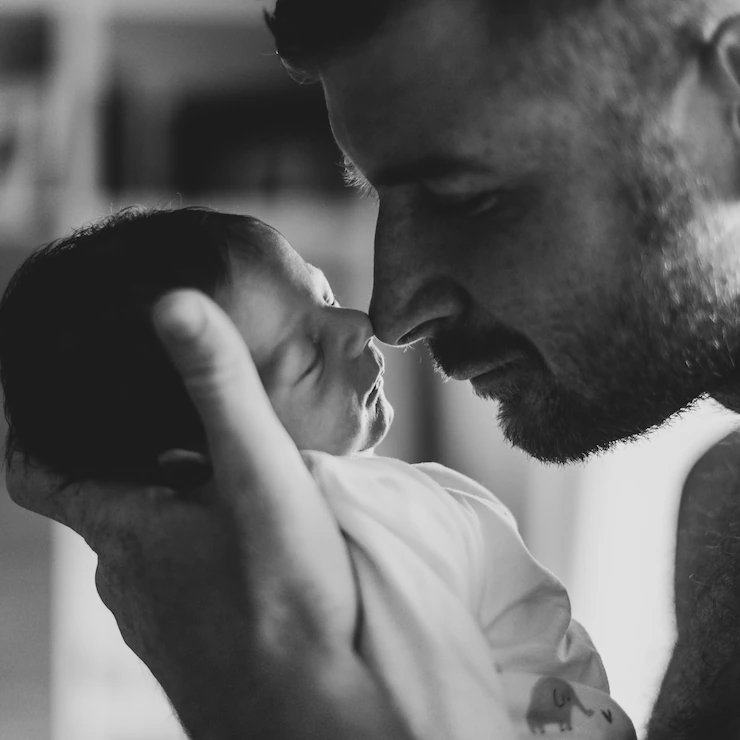Introduction:
Welcoming a newborn into the world is an exciting and joyous occasion, but it also brings with it a great responsibility to ensure the health and well-being of the baby. In South Africa, like in any other country, newborns may experience certain common conditions that require attention from parents and caregivers. Being aware of these conditions and their symptoms can help parents take prompt action and seek appropriate medical care when necessary. In this article, we will explore some common newborn conditions to watch out for in South Africa.
- Jaundice: One of the most frequently encountered conditions in newborns is jaundice, which occurs when there is an excess of bilirubin in the baby’s blood. Jaundice typically manifests as a yellowish tint in the baby’s skin and eyes. While mild cases often resolve on their own, more severe jaundice requires medical attention. In South Africa, healthcare providers usually screen for jaundice during routine check-ups and provide guidance on further evaluation or treatment if needed.
- Respiratory Distress Syndrome (RDS): RDS is a condition that primarily affects premature infants. It occurs due to an insufficient production of surfactant, a substance that helps the lungs expand and prevents their collapse. Babies with RDS may exhibit rapid breathing, grunting, or bluish discoloration of the skin. In South Africa, specialized neonatal care units are equipped to handle RDS cases, providing respiratory support and other necessary interventions.
- Neonatal Infections: Newborns are vulnerable to infections due to their developing immune systems. Bacterial infections, such as sepsis and pneumonia, are common concerns. Signs of infection may include fever, poor feeding, lethargy, or abnormal skin appearance. Prompt medical attention is crucial to diagnose and treat these infections, often requiring antibiotic therapy. It is important for parents to maintain good hygiene practices and seek medical care if they suspect an infection.
- Congenital Heart Defects: Congenital heart defects are structural abnormalities of the heart present at birth. They can vary in severity, from minor issues to life-threatening conditions. Some common symptoms include difficulty in feeding, rapid breathing, and bluish discoloration of the skin. In South Africa, specialized pediatric cardiology centers offer diagnosis, treatment, and ongoing care for infants with congenital heart defects.
- Birth Injuries: Although uncommon, certain birth injuries can occur during the delivery process. These injuries may range from mild bruising to more severe conditions such as fractures or nerve damage. It is essential for healthcare providers to identify and manage these injuries promptly. Parents should report any concerns to their healthcare professionals, who can assess and provide appropriate care or referrals.
Conclusion:
While welcoming a newborn is a joyous event, it is crucial for parents and caregivers in South Africa to be aware of common conditions that can affect newborns. Prompt identification and appropriate medical attention are vital to ensure the well-being of the baby. Regular check-ups, maintaining good hygiene practices, and seeking medical advice when needed are essential components of newborn care. By staying informed and working closely with healthcare professionals, parents can provide the best possible start in life for their newborns.










